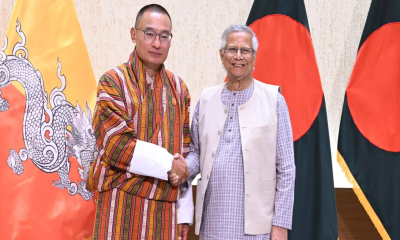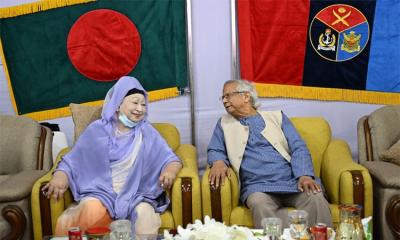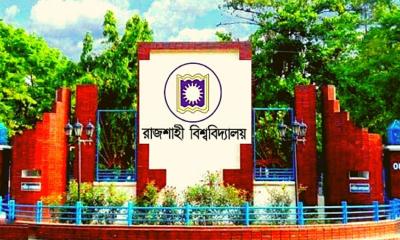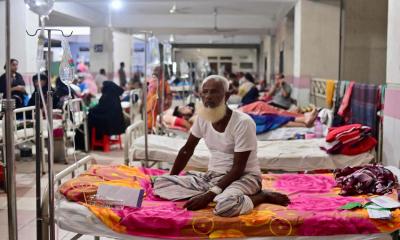Bangladesh must shift its economic focus to job creation for youth, women, and vulnerable populations to accelerate the pace of poverty reduction and address rising inequality, according to a new report from the World Bank.
The Bangladesh Poverty and Equity Assessment 2025, launched on Tuesday, highlights that while the country successfully lifted 25 million people out of poverty between 2010 and 2022, the progress has slowed significantly since 2016.
The report shows remarkable success, with extreme poverty dropping from 12.2 percent to 5.6 percent and moderate poverty falling from 37.1 percent to 18.7 percent over the 12-year period.
However, the economic growth pattern became less inclusive after 2016, disproportionately benefiting wealthier families and leading to a rise in income inequality.
Vulnerable Population: Nearly 62 million people—about one-third of the population—remain vulnerable to falling back into poverty due to economic shocks like illness or natural disasters.
Rural vs Urban: Poverty reduction was primarily led by rural areas, driven by the agriculture sector, while the rate was much slower in urban centers. By 2022, one in four poor Bangladeshis lived in a city.
Stagnant job market and skill mismatch:
The report identifies a slowing rate of job creation and a weakened labor income as primary barriers. The manufacturing sector`s job growth has stagnated, with employment shifting to less productive sectors, severely impacting women and youth.
"A business-as-usual approach will not accelerate poverty reduction," said Jean Pesme, World Bank Division Director for Bangladesh and Bhutan. "The fastest path to reducing poverty and ensuring the dignity of people is through job creation, particularly for youth, women, and vulnerable populations."
The data reveals a critical skills gap and unequal opportunity:
Youth Unemployment: One in five young women is unemployed, and one in four educated young women is without a job.
Low-Paying Jobs: Half of all youth aged 15 to 29 work in low-paying jobs, suggesting a significant skill-mismatch.
Urban Challenges: Urban job creation stagnated outside Dhaka, with falling labor participation, especially among women.
The assessment outlines four key policy recommendations to restore and accelerate inclusive growth and shared prosperity:
1. Strengthen Foundations for Productive Jobs: Focus on creating more and better jobs for the poor and vulnerable.
2. Enable Markets for the Poor: Invest in modern processing and supportive business regulations.
3. Enhance Resilience: Improve fiscal policy and establish effective and better targeted social protection programs.
4. Improve Connectivity: Address spatial disparities, which are being exacerbated by climate risks, by improving connectivity and facilitating pro-poor value chains in agriculture.
The World Bank also noted that while remittances from international and domestic migration have served as a pathway out of poverty, social assistance programs remain inefficiently targeted. In 2022, $35$ percent of the richest families received social protection benefits, while half of the poorest families were missed.
"Our poverty assessment shows that by adopting innovative policies, Bangladesh can restore and accelerate the pace of reducing poverty and boosting shared prosperity," said Sergio Olivieri, World Bank Senior Economist and report co-author.


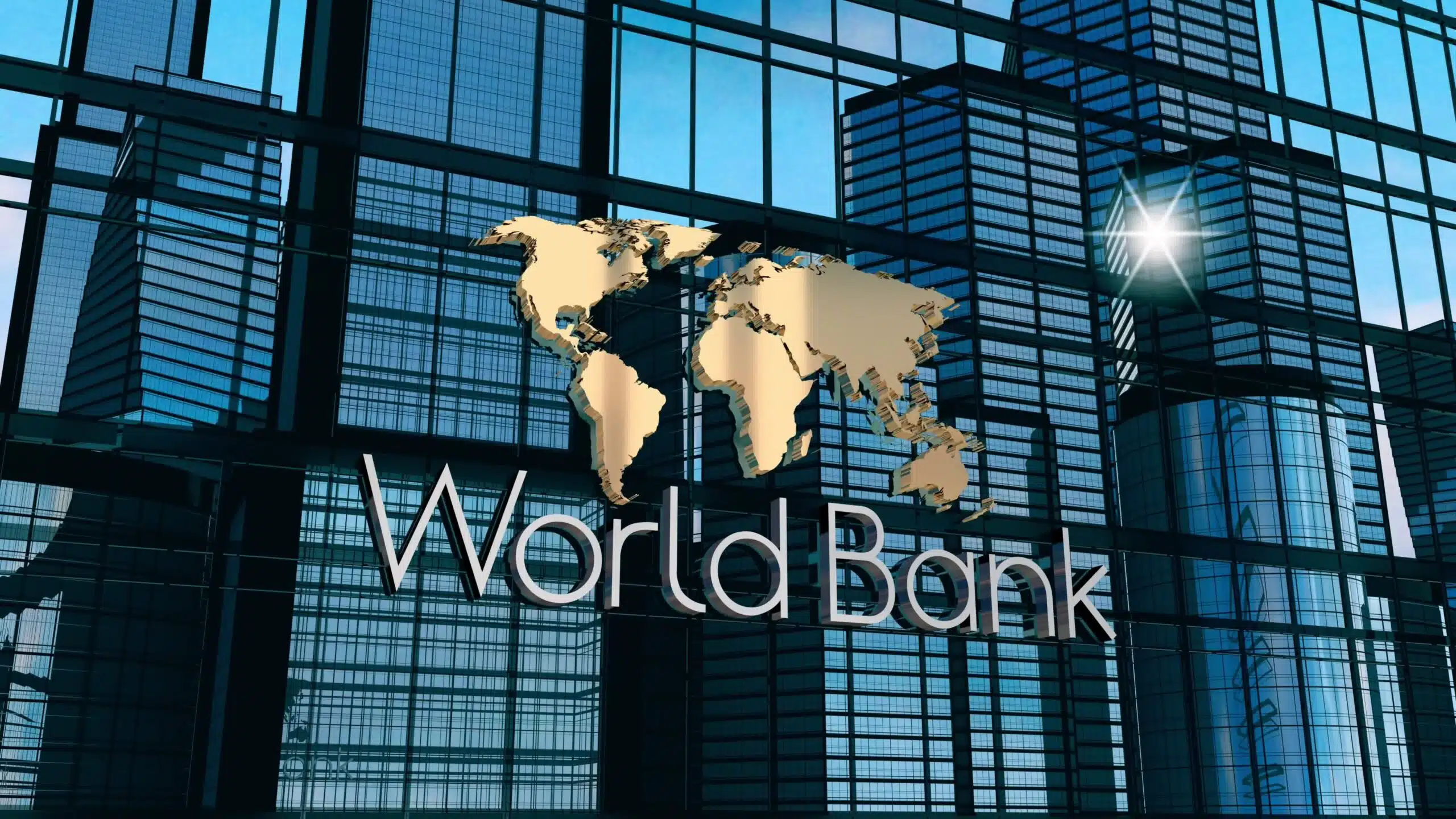

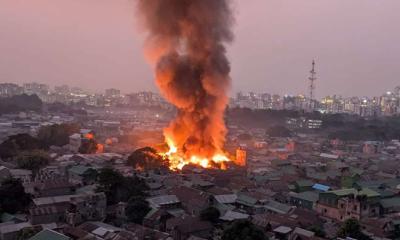
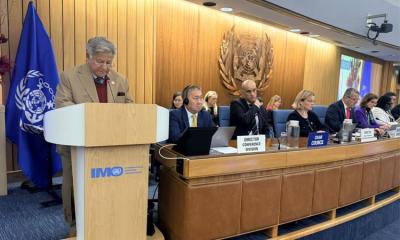
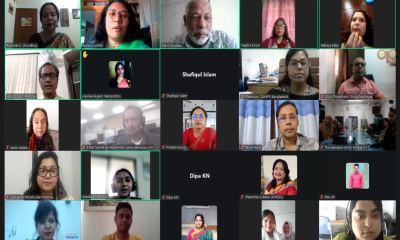
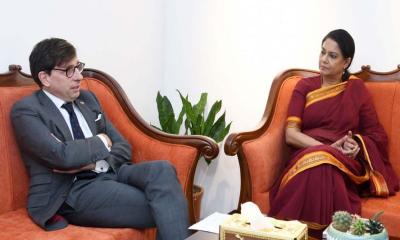
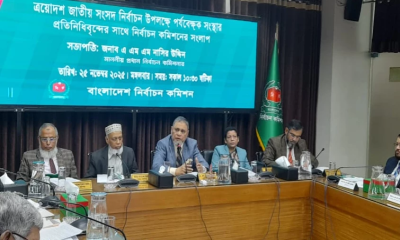



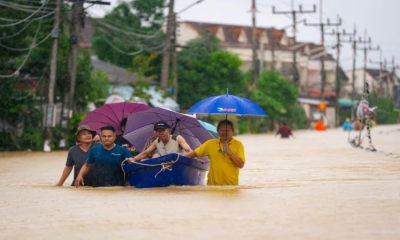

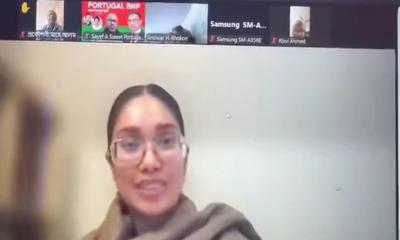
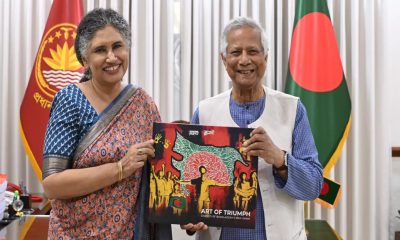
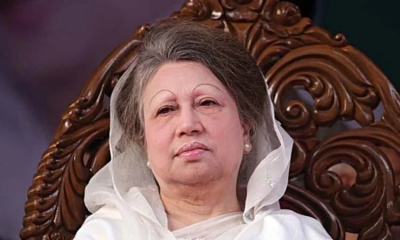
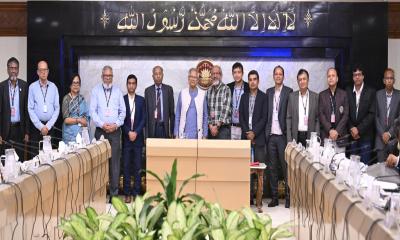

-(25)-20251122062715.jpeg)
-(25)-20251121051022.jpeg)

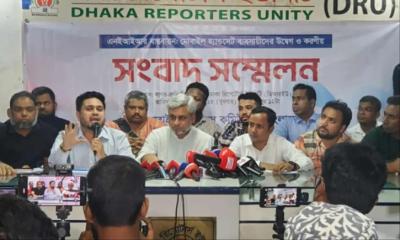

-(25)-20251122135712.jpeg)

